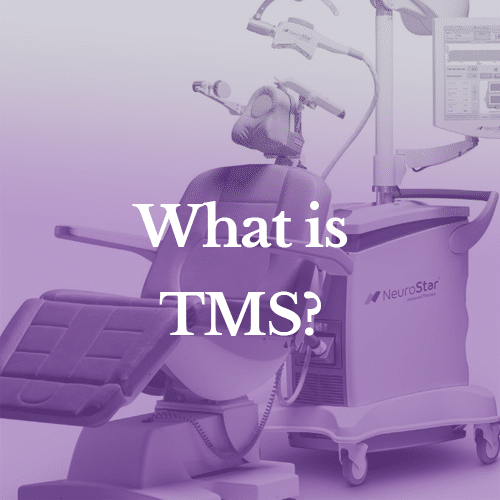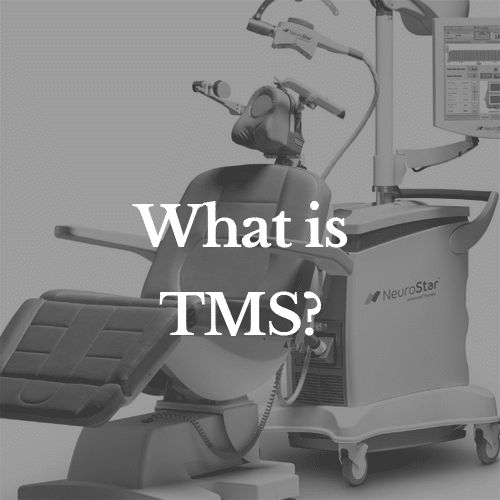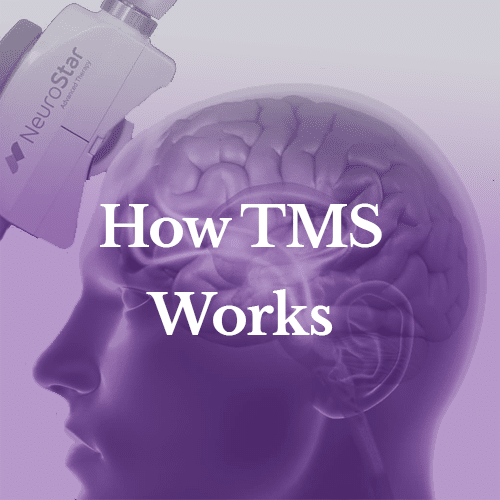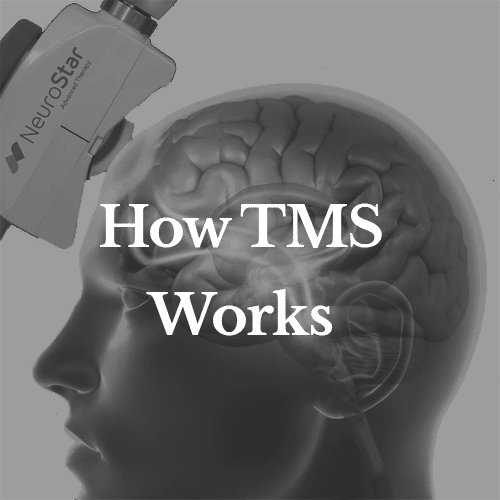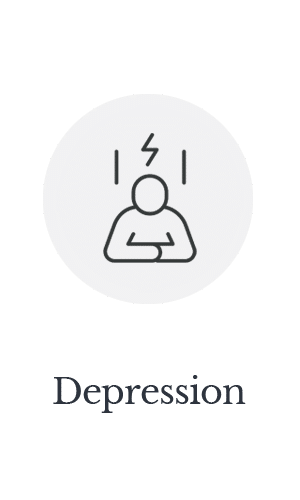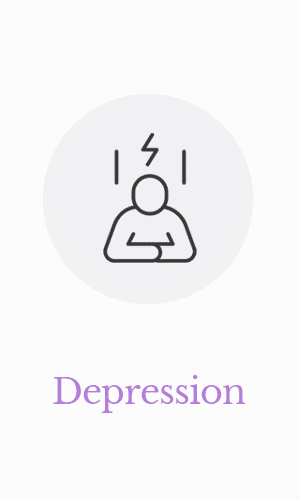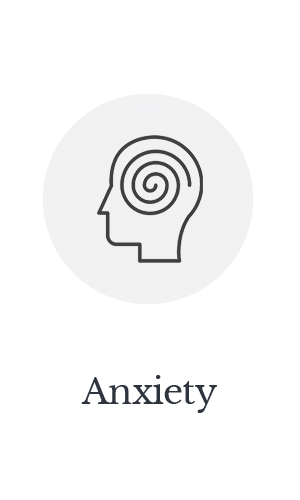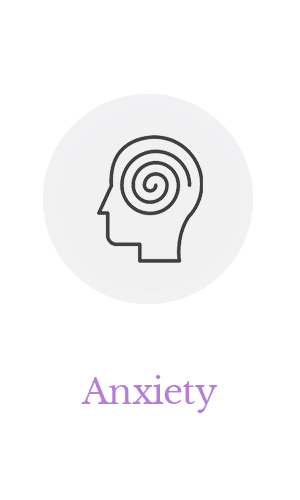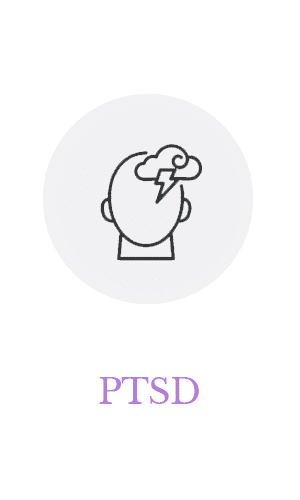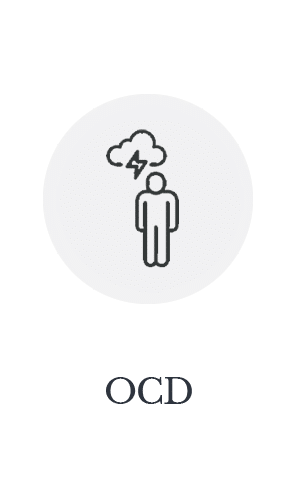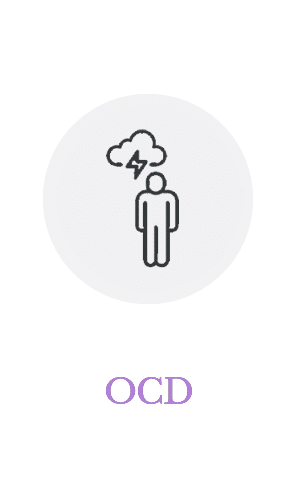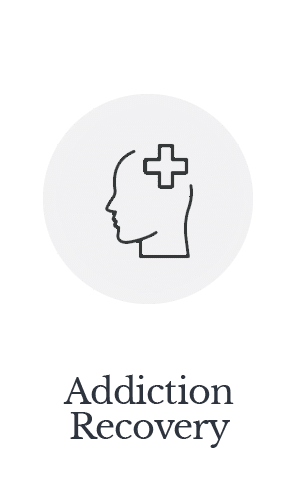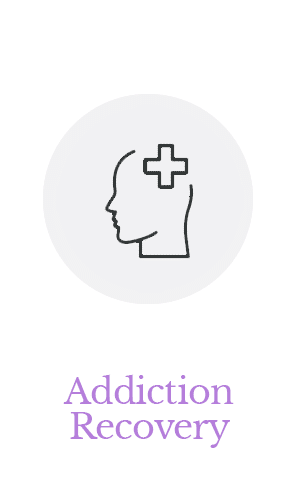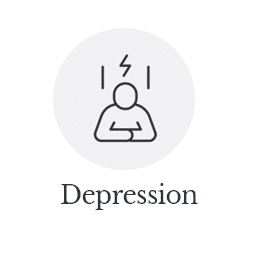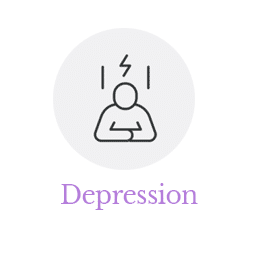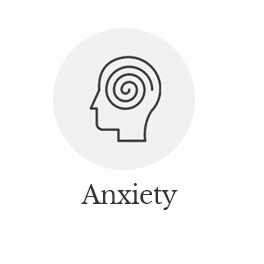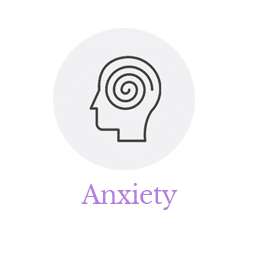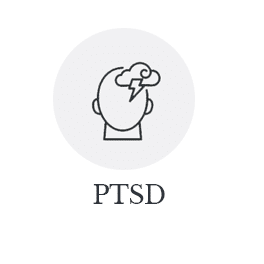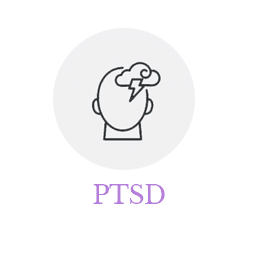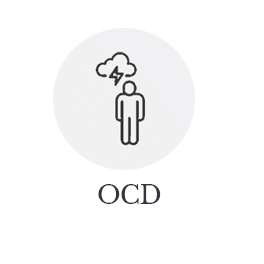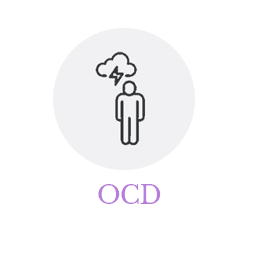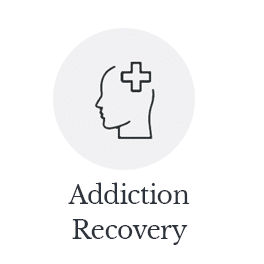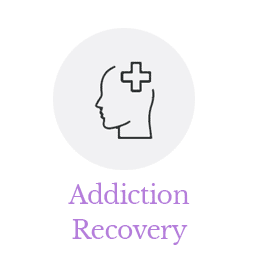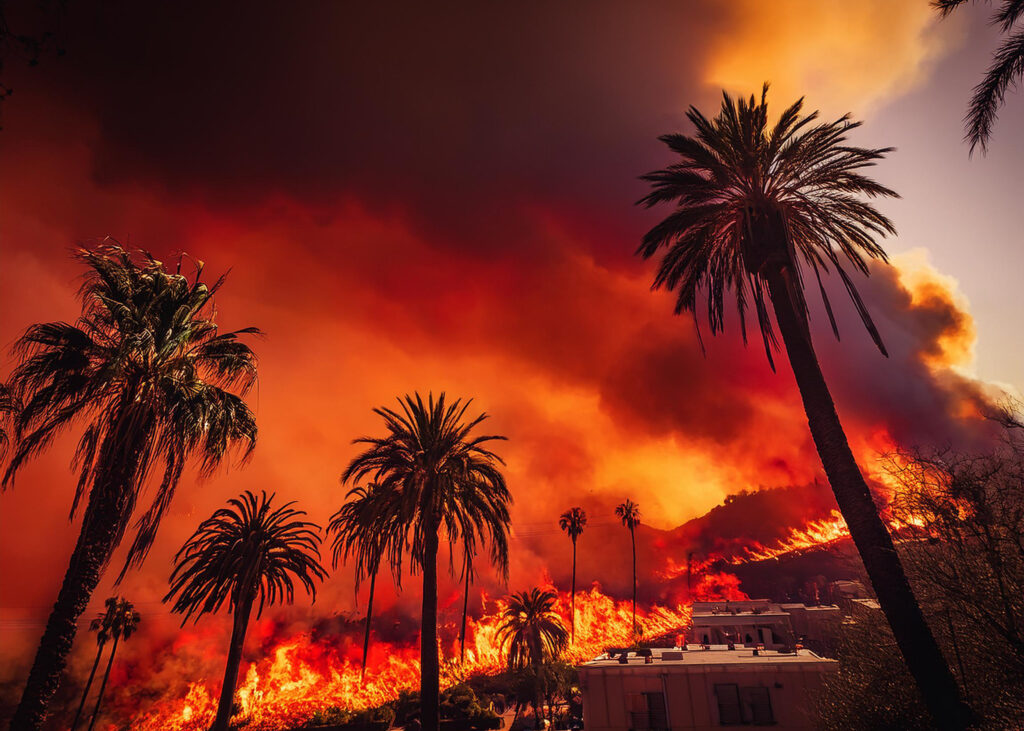As we witness the damage of the devastating wildfires in Los Angeles, each of us is impacted in some way. We may know someone who lost their home, or someone whose home was threatened but survived. Each of us is affected by the stories and images of the disaster, and that can take a serious toll on our mental health.
Natural disasters such as the devastating wildfires in Los Angeles have far-reaching consequences, not only for those directly impacted by the fires but also for the mental well-being of those affected, and those who witness the devastation and worry.
As we see homes burned and communities uprooted, the psychological toll of such events can be profound. We all feel a little more vulnerable, a little more unease. At our psychiatry practice in Murrieta – less than an hour away from the Los Angeles area – we have seen how events of this magnitude can lead to a surge in cases of depression, anxiety, and post-traumatic stress disorder (PTSD). Above all, we want to let those who are struggling with their mental health know that we are here for you.
The Mental Health Impact of Proximity to Natural Disasters
Living through or even being in proximity to a natural disaster like the Los Angeles wildfires can be a deeply traumatic experience. The loss of homes, displacement, and uncertainty about the future can evoke feelings of helplessness, fear, and despair. Even those who escape physical harm may endure lasting emotional scars.
Studies have shown that exposure to natural disasters increases the risk of developing mental health disorders. Survivors often report heightened levels of anxiety and depression in the months following such events. For some, these feelings dissipate over time, but for others, witnessing a traumatic event like the wildfires can lead to mental health issues like PTSD, depression, or anxiety as a result.
How Children and Adolescents Are Impacted by Natural Disasters
Children and adolescents are especially susceptible to the psychological impacts of natural disasters. Their sense of security and stability can be deeply shaken when they witness destruction or see their parents worrying.
Young people may express their distress in different ways than adults. They might become withdrawn, exhibit aggressive behavior, or have trouble concentrating at school. Adolescents, in particular, may feel isolated and reluctant to share their emotions, increasing their vulnerability to long-term mental health issues.
Parents and caregivers play a crucial role in helping children process their emotions after a disaster. However, when families are grappling with their own trauma, it can be challenging to provide the necessary support. That’s where professional mental health care becomes essential. If you have concerns about your child, don’t hesitate to reach out to a psychiatrist, psychologist, or therapist who can provide mental health help.
The Role of TMS in Treating Depression, Anxiety, and PTSD
If you find yourself struggling with depression, anxiety, or PTSD, there are treatment options available that bring significant relief. At Inland Empire TMS we specialize in Transcranial Magnetic Stimulation (TMS). TMS is a proven treatment for depression, anxiety, and PTSD.
While TMS has been FDA approved since 2008, last year (2024) the FDA expanded the age ranges approved for TMS therapy. Adolescents age 15 and older are approved for TMS therapy, and seniors up to age 86 were approved.
For those grappling with the emotional aftermath of events like the Los Angeles wildfires, TMS can help overcome the difficult and debilitating conditions of depression and anxiety that can result from proximity or exposure to natural disasters.
Keys to Establishing Mental Health Recovery
If you or a loved one are struggling with worsening mental health – whether related to the wildfires or other cause – it’s important to address the issue as soon as possible. Here are some steps to take:
Acknowledge the Impact: Recognizing the emotional toll of a disaster is the first step toward recovery. It’s okay to admit that terrible things happened and that you need support right now.
Cultivate Community Support: Connecting with others can provide comfort and reduce feelings of isolation. With such a large-scale event, nearly everyone will have experienced some impact. Now can be a good time to reach out and connect.
Monitor Children Closely: Pay attention to changes in behavior or mood in children and adolescents. Early intervention can prevent issues from developing into a crisis situation.
Seek Professional Help: Psychiatrists and therapists can provide tailored treatment plans, including therapy, medication, or innovative options like TMS.
How We Can Help
At Inland Empire TMS, we strive to be a community resource for positive mental health. We offer free depression screenings and even free TMS treatment for people experiencing a mental health crisis.
Our practice is dedicated to supporting individuals and families throughout the Inland Empire area with mental health needs. We are easily accessible from Menifee, Temecula, Corona, and throughout Riverside County. If you have an urgent need, we can often see you for an appointment within a couple of days.
We are one of the few psychiatry and TMS clinics who accept insurance (see the list of insurances accepted) but insurance is not required to be seen. If you or someone you care about is struggling, don’t hesitate to reach out. We are your partner to help you recover. We will get through this together.

